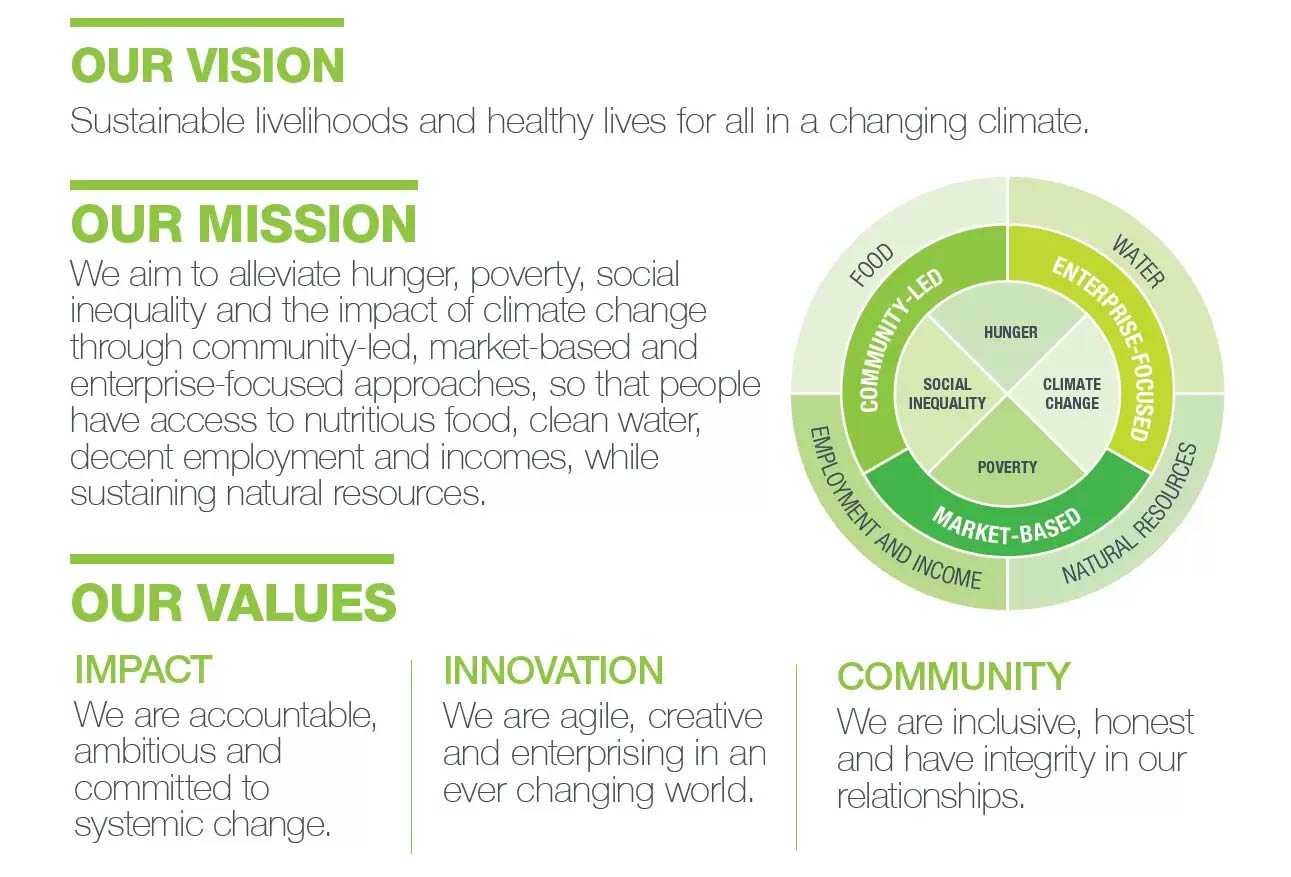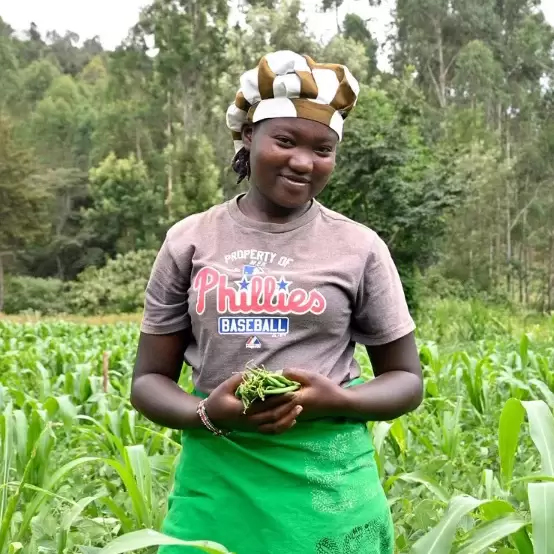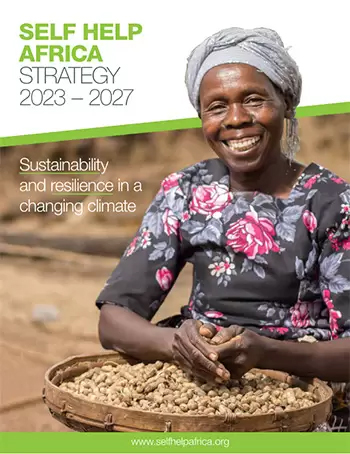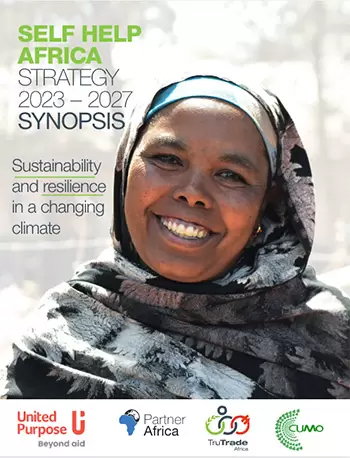SELF HELP AFRICA'S NEW GLOBAL STRATEGY (2023-2027)
Sustainability and Resilience in a Changing Climate
Our new strategy (2023-2027) provides us with a road map to guide us in our work in the years ahead. It sets out our plans to alleviate hunger and poverty through economic and social change that creates sustainable livelihoods and healthy lives.
This is underpinned by a commitment to localisation, and community-led and market-based approaches. We will seek to ensure people have access to safe nutritious food, water, decent employment and incomes, without degrading their natural resources.
We will do this from fragile contexts through to emerging economies. We will also seek to drive social change through policy and advocacy work that engages institutions and the wider public in our countries of operation and globally.

What We Will Do
AGRICULTURE AND FOOD SYSTEMS
We consider agriculture key to reducing hunger poverty in rural areas and to driving growth that prioritises the poorest.
It is fundamental to the sustainable food systems we promote, which are required to address chronic undernutrition and deliver healthy, safe and affordable diets in rural and urban areas.
People, especially women, must also have the resources and agency to make positive decisions about their diet and lives.
To ensure food systems are sustainable, those involved in producing and processing food must enjoy decent and safe employment and incomes. Communities must be able to address their own development needs through bottom-up, decentralised community-led planning.
SUSTAINABLE LANDSCAPES
Where we work, land is primarily used for agriculture and its success is dependent on a healthy ecosystem.
Economies highly reliant on natural resources, such as many in sub-Saharan Africa, are effectively trapped in a vicious cycle in which increasing demand on natural resources contributes to poor and unsustainable management of the same, leading to their further depletion.
We will continue to build resilient ecosystems and landscapes for sustainable livelihoods and job creation.
CLIMATE ADAPTATION
All of our work is designed and implemented through an environmental, sustainability and climate adaptation lens as we believe this is essential to achieving the global UN Sustainable Development Goals (SDGs).
Climate Smart Agriculture and agro-ecology approaches are central to all our work supporting sustainable agricultural development. Our agriculture interventions are designed to achieve ecological intensification of production systems while increasing the climate resilience of farmers and food systems at large.
This serves to promote the sequestration of carbon in soils and biomass. An increase in climate finance and opportunities for funding and investment from a range of actors will help ensure landscapes remain a public good.

COMMUNITY-LED APPROACH
We are passionate about supporting communities to determine their own lives, enabled by strong and accountable government services, and effective local markets and value chains. We do this through a community-led systems approach, which is further bolstered by Partner Africa’s work to improve the lives of vulnerable workers and producers engaged in international supply chains.


